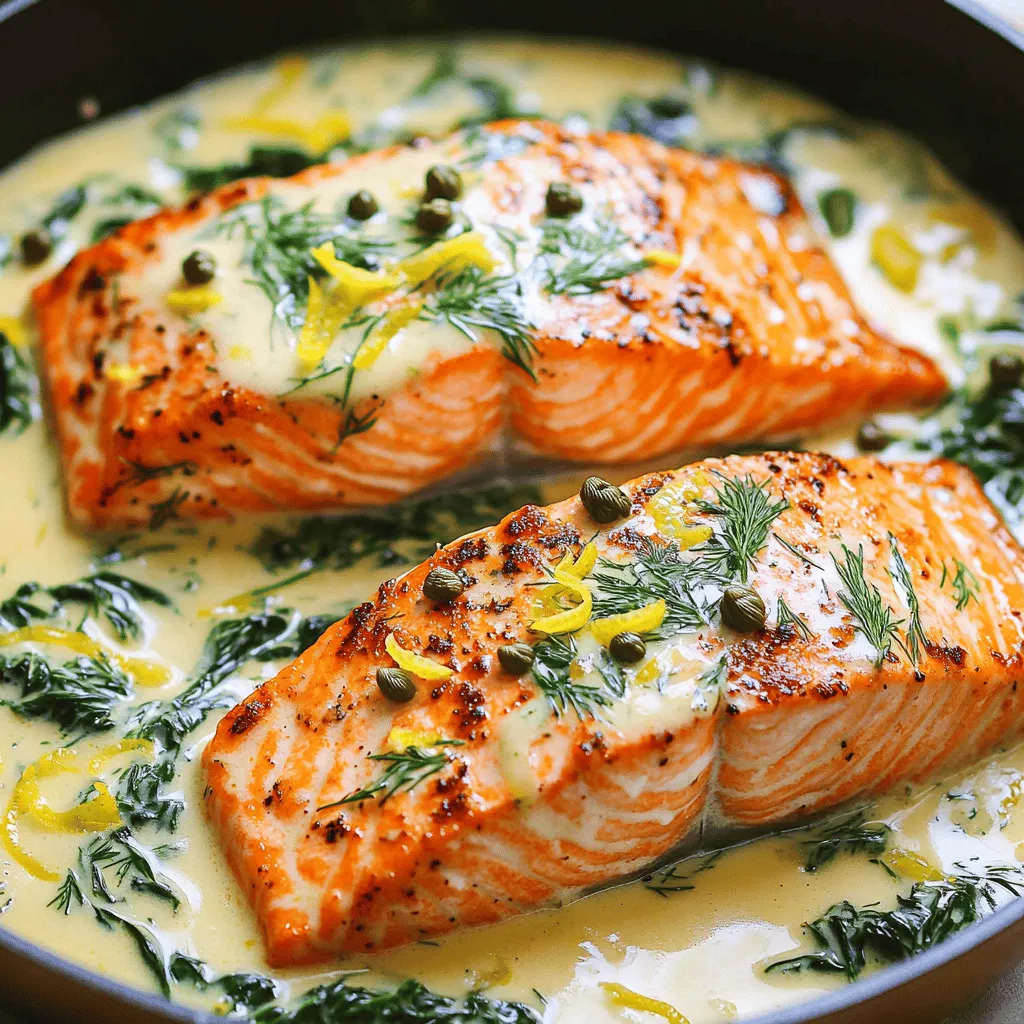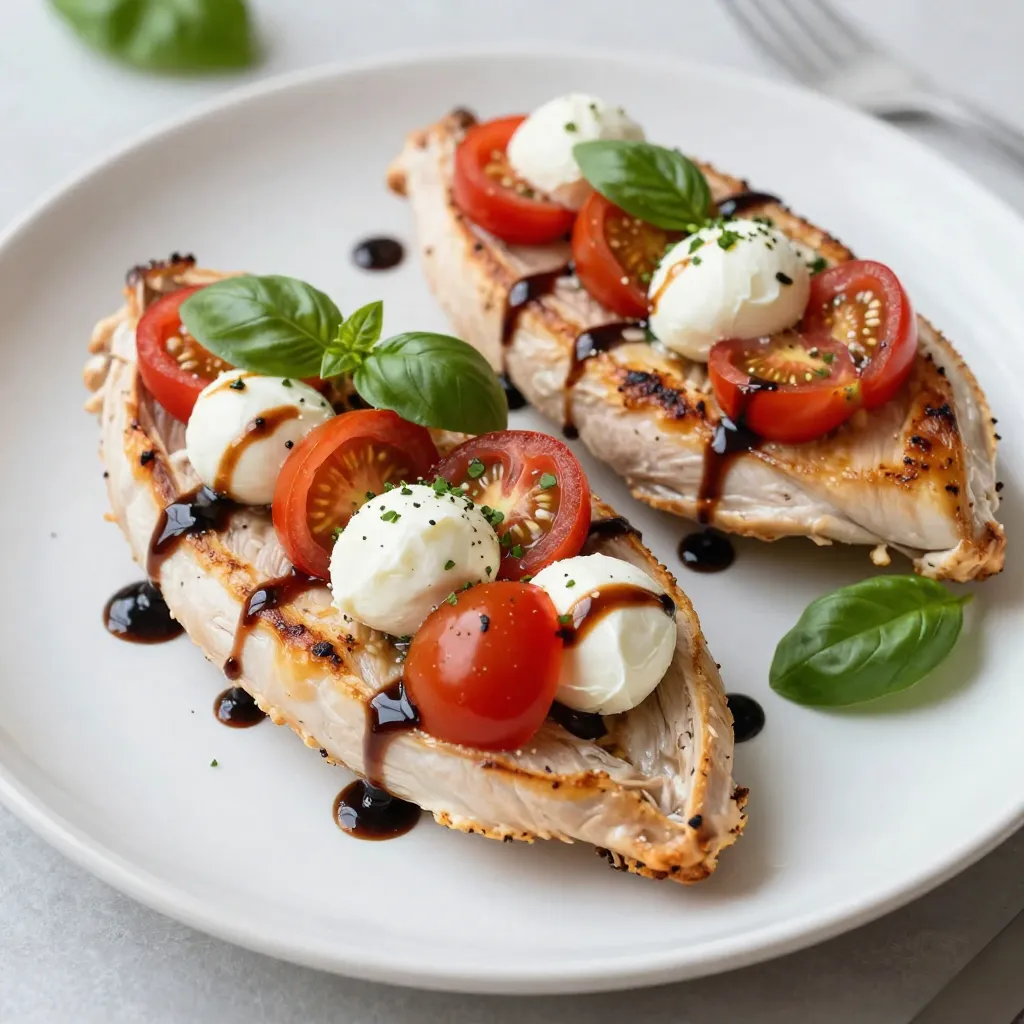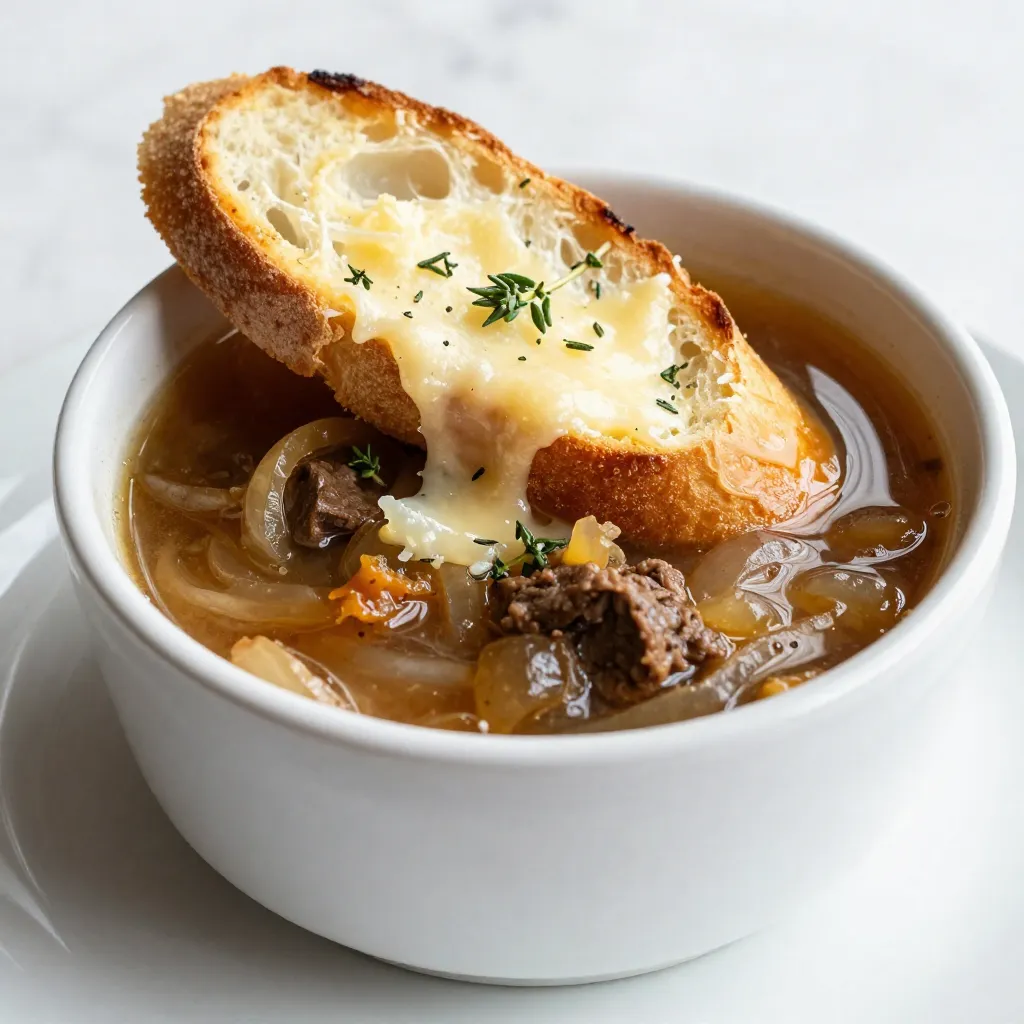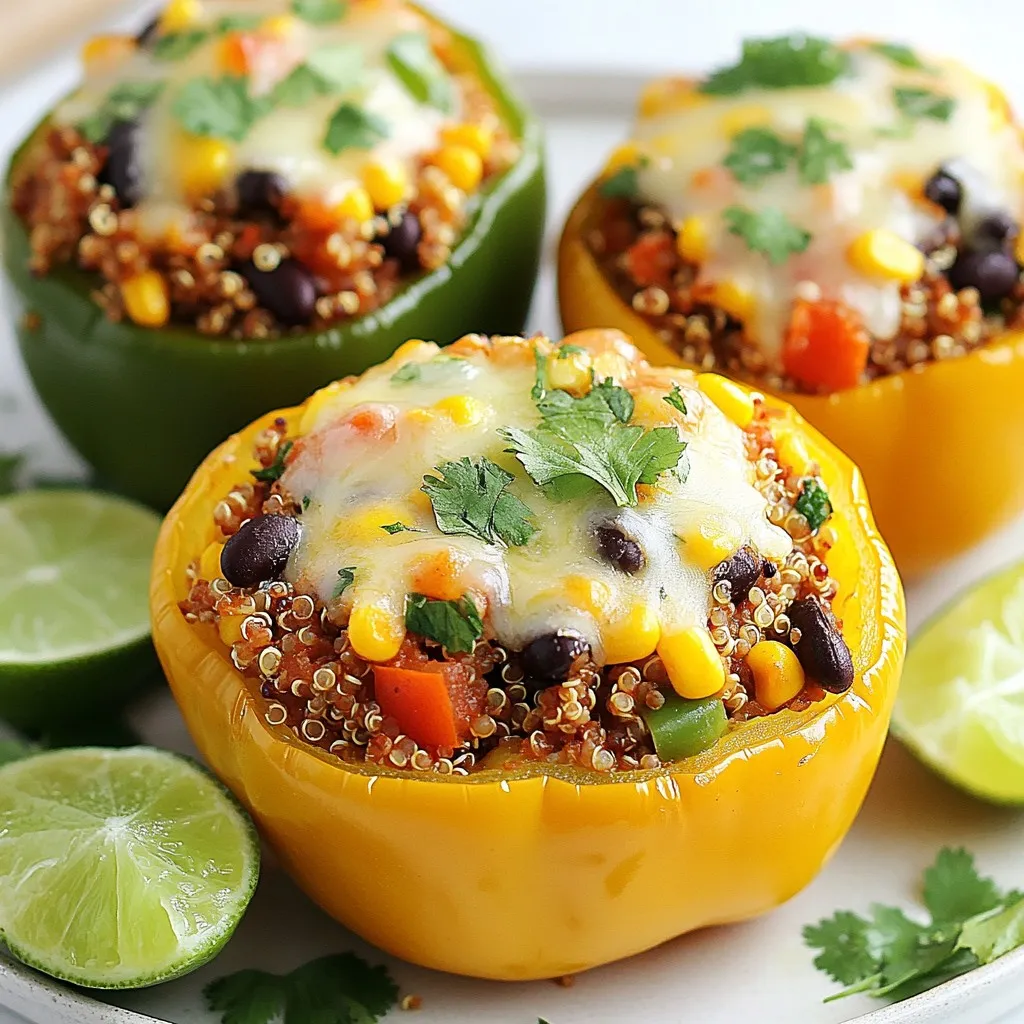Looking for a quick and tasty dinner? Try my Creamy Lemon Dill Salmon Skillet. This dish combines fresh salmon with zesty lemon, aromatic dill, and a rich creamy sauce. You can whip it up in just 30 minutes! Perfect for busy weeknights, this recipe is not only simple but full of flavor. Get ready to impress your family with a meal that's both delicious and easy to make!
Ingredients
List of Required Ingredients
- 4 salmon fillets (approximately 6 oz each, skin on or off)
- 1 tablespoon olive oil
- Salt and freshly ground black pepper, to taste
- 1 small onion, finely chopped
- 2 cloves garlic, minced
- 1 cup heavy cream (or a creamy alternative)
- Zest of 1 lemon
- 2 tablespoons fresh lemon juice (about 1 lemon)
- 2 tablespoons fresh dill, finely chopped (plus extra for garnish)
- 1 teaspoon Dijon mustard
- 1 tablespoon capers, rinsed and drained
- 1 cup baby spinach (optional, for added nutrition)
For this recipe, you need fresh salmon fillets. They are the star of the dish and should be about 6 ounces each. You can keep the skin on or take it off, depending on your taste. Olive oil helps cook the salmon and adds great flavor.
You will also need a small onion and two cloves of garlic. These create a lovely base for your sauce. Heavy cream gives the dish its creamy texture. If you want a lighter option, you can use a creamy alternative instead.
Lemon zest and juice bring a bright flavor. Fresh dill adds a nice herbal touch. Don't forget the Dijon mustard and capers; they enhance the sauce. Lastly, baby spinach is optional but adds color and nutrition to your meal.
Gather these ingredients, and you're ready to make a delicious Creamy Lemon Dill Salmon Skillet!
Step-by-Step Instructions
Preparing the Skillet
- Heat 1 tablespoon of olive oil in a large skillet over medium-high heat. Wait until the oil shimmers.
- While the oil heats, season 4 salmon fillets with salt and pepper on both sides. This adds flavor and enhances the taste.
Cooking the Salmon
- Once the oil is hot, add the salmon fillets, skin side down if applicable. Cook for 4-5 minutes without moving them. The skin will get crispy, and the fillets will cook halfway.
- Carefully flip the salmon and cook for an additional 3-4 minutes. The salmon is done when it reaches 145°F (63°C) internally. Remove the salmon and keep it warm on a plate.
Sautéing Aromatics
- In the same skillet, add 1 small finely chopped onion. Sauté for 2-3 minutes. The onion should become soft and translucent.
- Next, add 2 cloves of minced garlic. Cook for an extra minute until the garlic smells fragrant. Avoid browning the garlic to keep the flavor fresh.
Creating the Creamy Sauce
- Lower the heat to medium. Pour in 1 cup of heavy cream. Then add the zest of 1 lemon, 2 tablespoons of fresh lemon juice, 2 tablespoons of chopped dill, 1 teaspoon of Dijon mustard, and 1 tablespoon of capers. Stir to mix everything well.
- Let the sauce simmer for 3-4 minutes. This helps thicken it, which makes it rich and creamy.
Finishing Touches
- If you want to add nutrition, toss in 1 cup of baby spinach. Stir gently until it wilts. This should take about 1-2 minutes.
- Return the salmon fillets to the skillet. Spoon the creamy sauce over the top and let it warm for 1 minute. Be careful not to overcook the salmon.
Garnishing and Serving
- Take the skillet off the heat. For a fresh touch, sprinkle extra dill on top as a garnish.
- Serve the salmon hot, alongside your favorite side dishes like rice or pasta to soak up the sauce. Enjoy your meal!
Tips & Tricks
Perfectly Cooked Salmon
To get great salmon, aim for an internal temperature of 145°F (63°C). Use a meat thermometer for accuracy. Cook the salmon until it is opaque and flakes easily with a fork. For crispy skin, start with the skin side down. Don't move it too soon; let it cook for 4-5 minutes before flipping. This helps the skin crisp up nicely.
Enhancing Flavor
Want to boost flavor? Try adding fresh herbs like parsley or basil. You can also sprinkle in some red pepper flakes for heat. If you want a lighter dish, swap heavy cream for Greek yogurt or coconut cream. These options still give a nice creamy texture.
Serving Suggestions
Serve your salmon with sides that complement its flavor. Roasted asparagus or a fresh salad works well. For a filling option, serve it over rice or pasta. To make your dish pop, use a bright plate and add extra dill on top for garnish. This adds both color and a fresh touch to your meal.
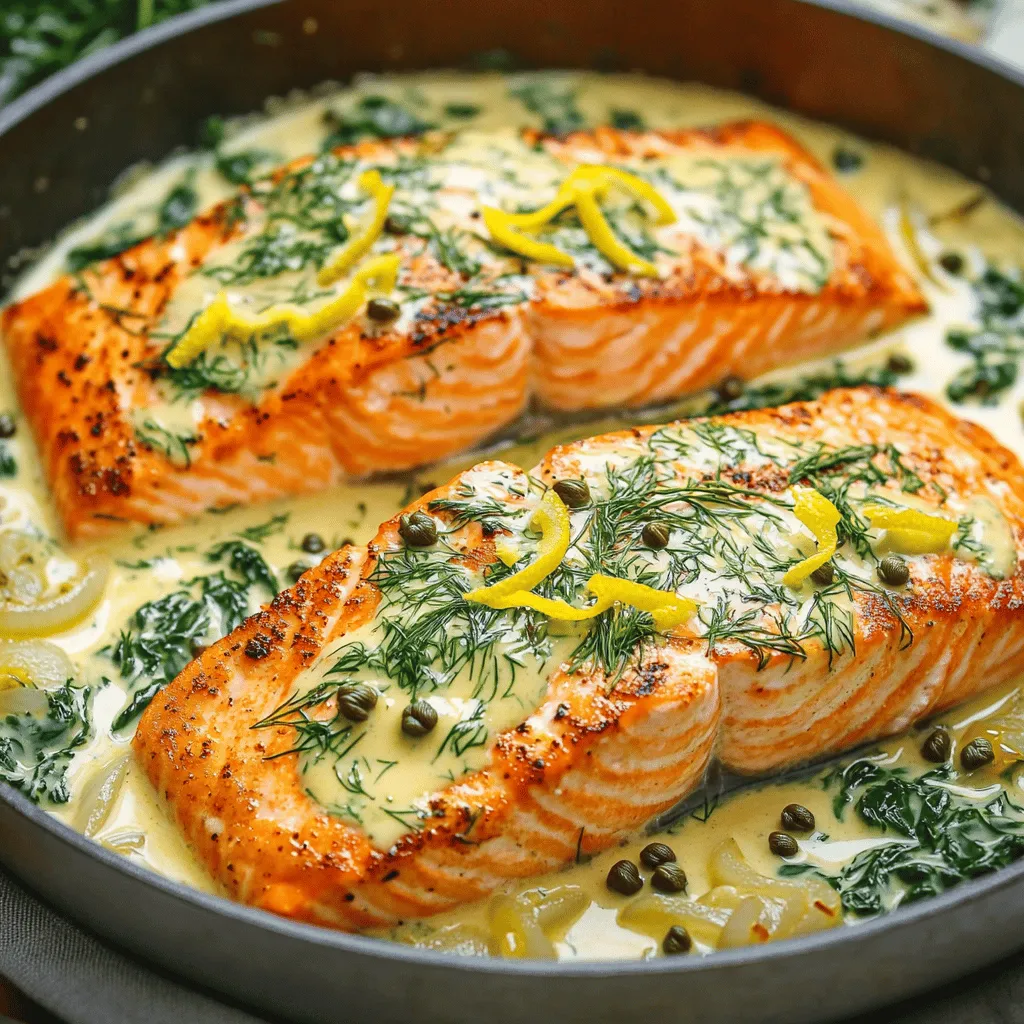
Variations
Different Protein Options
You can switch up the salmon for other proteins. Try using white fish like cod or halibut. These fish have a mild taste and cook well in this creamy sauce. If you prefer chicken, use boneless, skinless chicken breasts. Cook them until golden brown and juicy, just like the salmon.
Dairy-Free Alternatives
If you want a dairy-free dish, you have options. Use coconut cream or cashew cream instead of heavy cream. Both options create a rich texture without dairy. Almond milk or oat milk can also work, but add a little cornstarch to thicken the sauce.
Flavor Variations
You can play with the flavors of this dish easily. Swap lemon for lime or orange for a different twist. Fresh herbs like basil or parsley can add new layers of taste. Each change can bring a fresh feel to your creamy lemon dill salmon skillet.
Storage Info
Refrigeration Guidelines
You can store leftover creamy lemon dill salmon in the fridge for up to three days. Make sure to place it in an airtight container. This keeps the salmon fresh and tasty.
Reheating Tips
To reheat the salmon without drying it out, use the stove or microwave. If using the stove, place the salmon in a skillet over low heat. Add a splash of water or broth to keep it moist. Heat for about 5 minutes, flipping gently. In the microwave, cover the salmon with a damp paper towel. Heat for about 30 seconds, then check if it’s warm.
Freezing Recommendations
Yes, this dish can be frozen. To freeze, let the salmon cool completely. Then, wrap each portion tightly in plastic wrap. Place the wrapped salmon in a freezer bag. It can last up to three months in the freezer. When ready to eat, thaw it in the fridge overnight, then reheat using the tips above.
FAQs
How do I know when the salmon is done?
To check if the salmon is done, use a meat thermometer. The internal temperature should reach 145°F (63°C). If you do not have a thermometer, look for these signs: the salmon should be opaque and flake easily with a fork. The flesh should not be raw or translucent.
Can I make this recipe ahead of time?
Yes, you can prepare some parts ahead. Cook the salmon and make the sauce separately. Store both in airtight containers in the fridge. When ready to serve, simply reheat each part gently. This keeps the salmon moist and the sauce creamy.
What should I serve with creamy lemon dill salmon?
This dish pairs well with many sides. Here are some popular options:
- Rice or quinoa for a hearty base
- Steamed vegetables for freshness
- Mashed potatoes for comfort
- A light salad for a crisp bite
Choose what you enjoy most!
Is it possible to make this dish without cream?
Yes, you can make this dish without cream. Use Greek yogurt or coconut milk as a creamy alternative. Both options will still give you that rich texture. Adjust the seasoning as needed to keep the flavor bright and zesty.
This dish offers a fun way to cook salmon with cream, lemon, and dill. You learned about ingredients, cooking steps, and some great tips. Always check your salmon's temperature and try different flavors. Remember, whether you choose to switch proteins or try dairy-free options, this recipe stays flexible. Enjoy your creamy lemon dill salmon and impress your friends at the dinner table. Happy cooking!
